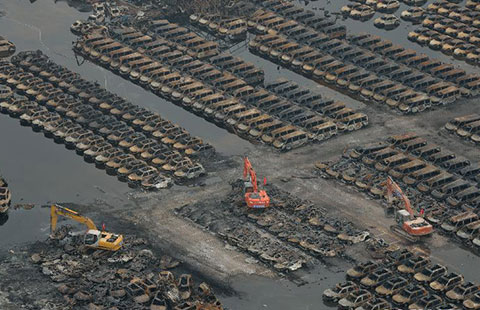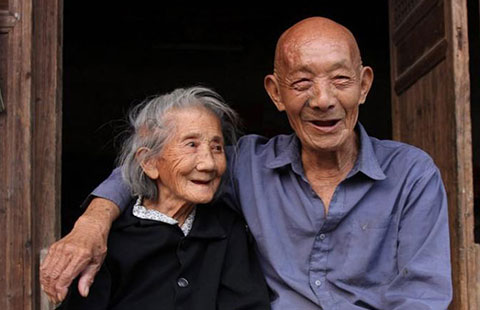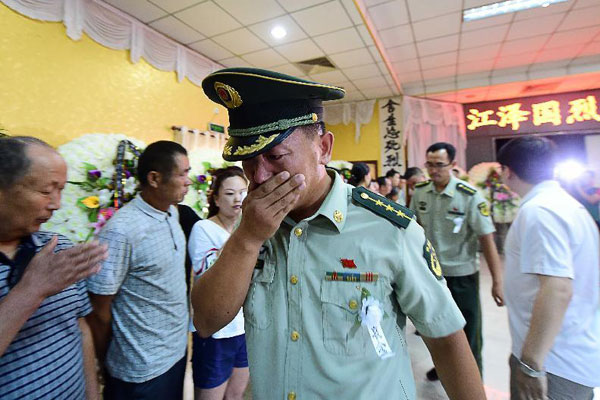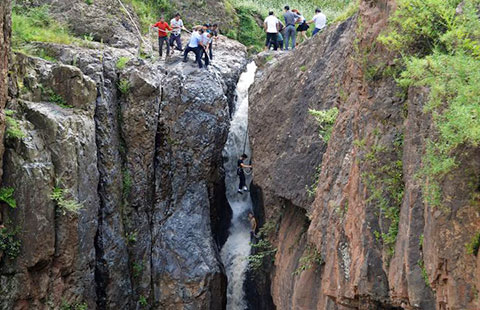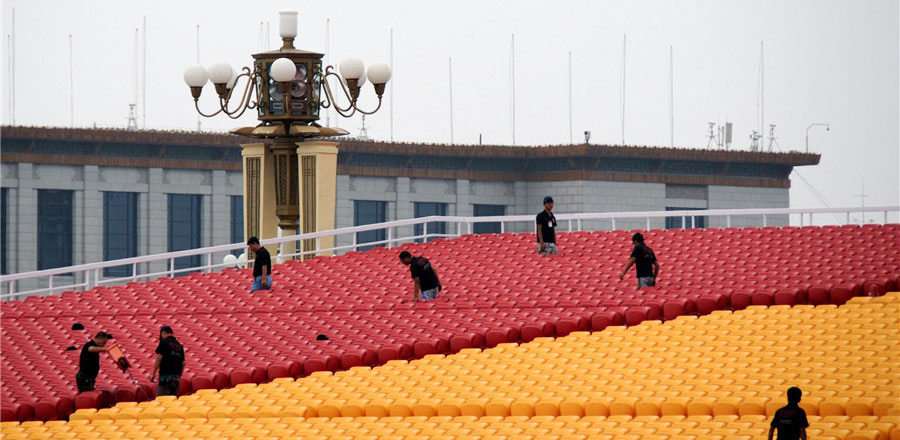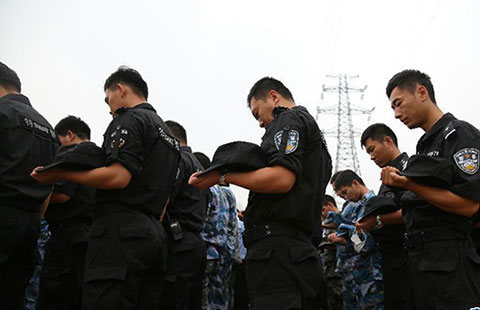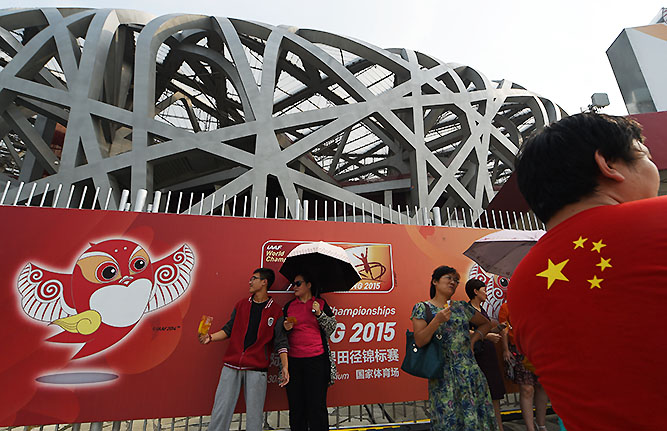

Officials from Brazil, the host country for the United Nations Conference on Sustainable Development, were racing to hammer out a draft document on global development late Monday evening.
The Rio+20 summit, the three-day UN conference that begins Wednesday, has brought together world leaders, policymakers and representatives from government, private sector and NGOs to help shape global development.
Developing a green economy was discussed in the previous three rounds of preparatory committee meetings and observers said negotiations have almost wrapped up but that there were no "impressive details".
Sheng Fulai, head of a research unit for the UN Environment Programme in Geneva, said in an interview with China Daily on Monday that though negotiators are wrestling with terms, they all agree that a green economy is the pathway toward future sustainable development.
"There was a long-term misconception that economic growth negatively affected the environment," Sheng said. "We want to re-emphasize the positive effects of green economy and guide both public and private investment to shift from the usual businesses to green sectors."
China's Assistant Foreign Minister Ma Zhaoxu said on Saturday that developing a green economy is a complex and long-term process.
Ma said it's extremely difficult for developing countries to develop a green economy and that the international community should provide favorable terms for developing countries to address these major concerns.
Last year, the UNEP officially presented the concept of a green economy, aiming to guide policymakers to explore the potential of a green economy and create more green jobs.
Sheng said the concept is to encourage countries to create more investments in green sectors, such as new energy, clean technology, architecture and sustainable transportation as well as safe foods and water.
Exactly two decades ago, world leaders gathered in Rio de Janeiro and agreed on an international environmental treaty at what was informally known as the Earth Summit. That treaty, however, was non-binding.
In this week's summit, more than 50,000 visitors are expected in the second largest city of Brazil and few details have been released as to what will be agreed upon this time around.
Sheng said what needs to change are macro policies to adapt to transitions in investments, including taxes, resource price adjustments and subsidies.
The European Union and Canada regard a green economy as an opportunity for a new industrial revolution to drive the global economy and create more jobs. Officials said the EU and Canada have pushed aggressively toward that issue in preparatory committee meetings.
But defining a green economy has been at the heart of the summit. China has kept in line with the consensus of the Group of 77, which insists that a green economy must be discussed within the context of eradicating poverty.
Officials from several developing countries, however, said two industrial revolutions have flown by and that they cannot afford to miss a third one. Developing countries are concerned that a draft document may be mishandled to outline terms of trade protection as well as create conditions, for developing countries to receive aid.
Antonio Hill, an adviser at Oxfam International Climate, said although negotiations have yet to hammer out an agreement on global development, a green economy has become a slogan to describe equity and sustainable development. He said creating green economies will remain a hot issue after the Rio+20 summit.
Contact the writer at lanlan@chinadaily.com.cn

